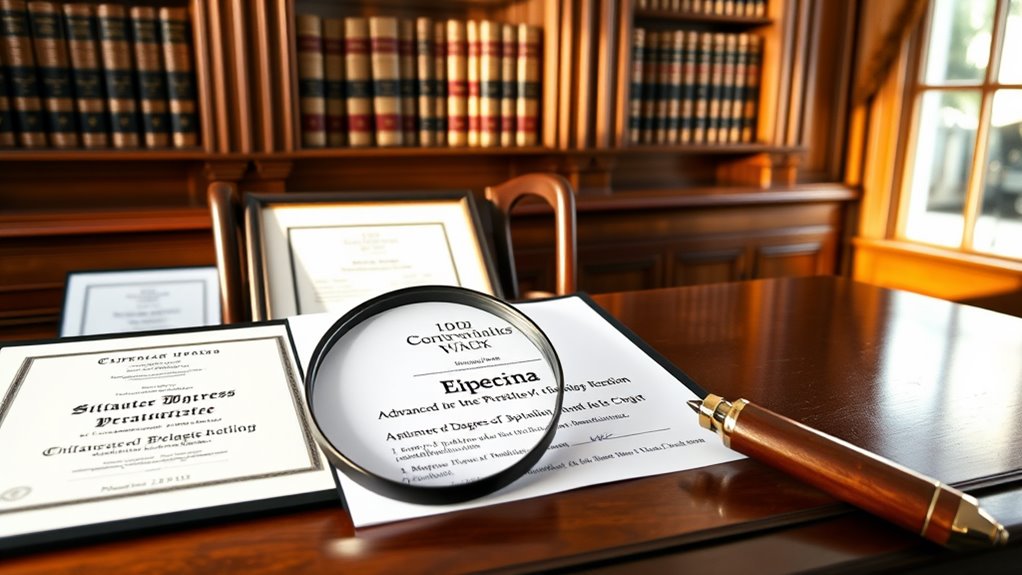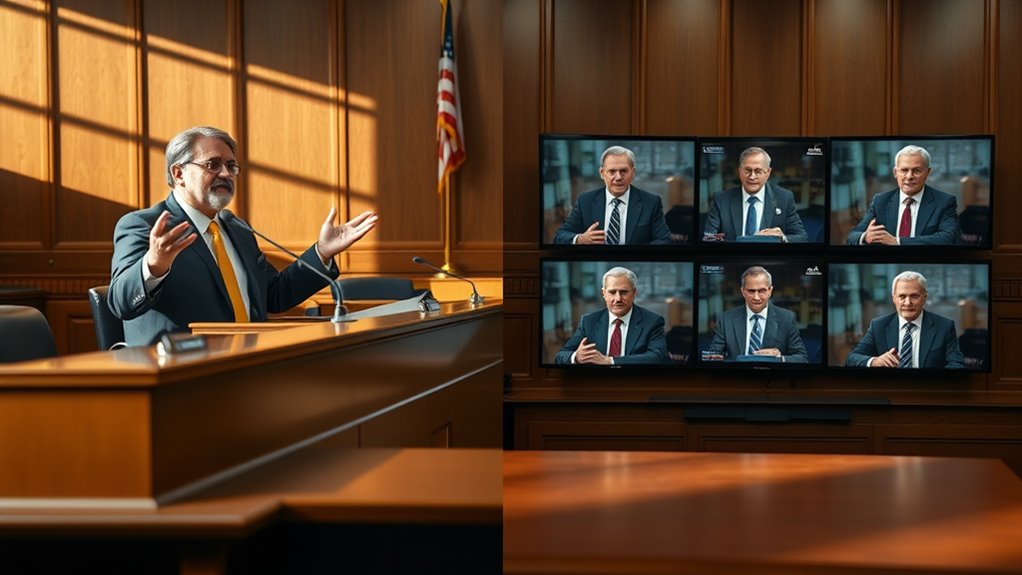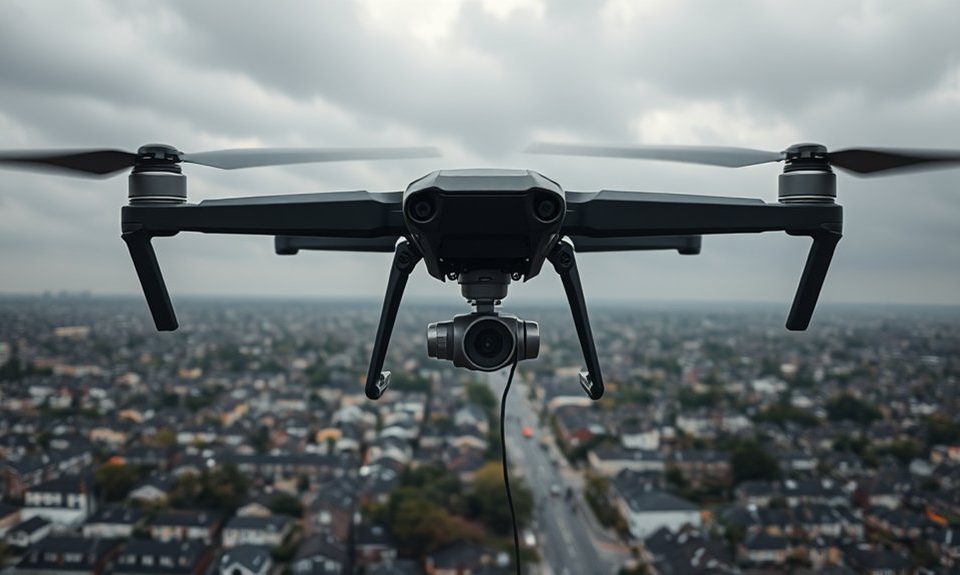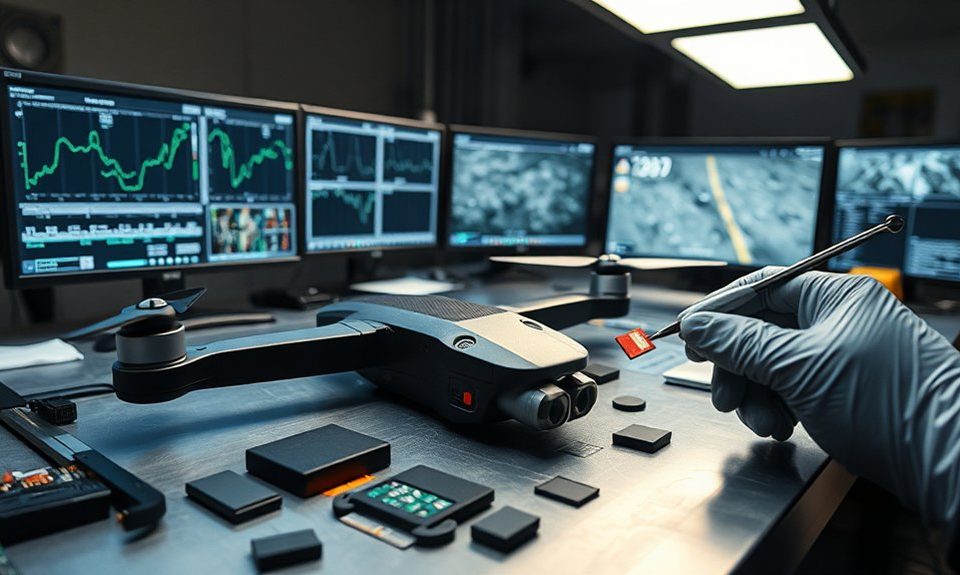To assess expert witness credibility in court, one should evaluate their educational background and qualifications, scrutinize relevant experience and specialization, and examine published works and research contributions. It’s also essential to assess the consistency and objectivity of their testimony, ensuring that it aligns with established facts. Finally, investigating their personal and professional reputation can provide additional insights into their reliability. Further exploration of these factors can shed light on the overall expertise of an expert witness.
Key Takeaways
- Verify the expert’s educational background and relevant qualifications to ensure credibility and authority in their field.
- Review the expert’s relevant experience and specialization to assess practical knowledge and application in court.
- Examine published works and research contributions to gauge the expert’s depth of knowledge and engagement with the discipline.
- Assess the consistency and objectivity of the expert’s testimony to identify any potential biases or credibility issues.
- Investigate the expert’s personal and professional reputation to ensure their integrity and adherence to ethical standards.
Evaluate Educational Background and Qualifications

When evaluating the credibility of an expert witness, one must first examine their educational background and qualifications, as these factors greatly influence their authority and reliability in a given field. Credentials verification is essential in determining if the witness possesses the necessary degrees relevant to the case at hand. It is important to assess not only the institutions from which the degrees were obtained but also the specific disciplines studied. A mismatch between the witness’s qualifications and the subject matter can undermine their credibility. Additionally, specialized certifications or training can further bolster an expert’s standing. By meticulously analyzing these elements, one can form a clearer understanding of the expert’s capability to provide reliable testimony in court. Conducting thorough background checks can further ensure that the expert has no disqualifying factors that could impact their credibility.
Review Relevant Experience and Specialization
Following the evaluation of educational background and qualifications, the next critical factor in determining the credibility of an expert witness involves a thorough review of their relevant experience and specialization. Evaluating an expert’s field experience is essential, as it provides insight into their practical application of knowledge in real-world scenarios. A witness with extensive hands-on experience is often better equipped to convey complex information effectively. Additionally, industry recognition, such as awards or certifications, can further validate an expert’s standing within their field. This recognition signifies that their peers acknowledge their expertise and contributions. Collectively, these elements help to establish a robust foundation for evaluating the expert witness’s reliability and the weight their testimony may carry in court. Furthermore, having experience with child custody investigations can significantly enhance an expert’s credibility in cases involving family law matters.
Examine Published Works and Research Contributions
While evaluating an expert witness’s credibility, examining their published works and research contributions is essential, as these elements reflect their depth of knowledge and engagement with ongoing discourse in their field. A thorough review of published articles allows for the assessment of an expert’s contributions to their discipline, demonstrating their ability to conduct rigorous research. In addition, the impact of their research can be gauged through citations and the influence of their findings on subsequent studies. This evaluation not only highlights the expert’s academic standing but also their commitment to advancing knowledge within their area of expertise. Ultimately, a robust portfolio of published works can greatly enhance an expert witness’s credibility in the courtroom, establishing them as a reliable source of information. Furthermore, understanding the importance of ethics in their field can further solidify their trustworthiness as an expert.
Assess Testimony Consistency and Objectivity

Evaluating the consistency and objectivity of an expert witness’s testimony is vital in determining their reliability and the validity of their contributions to a case. Testimony coherence can be assessed by comparing statements across various instances, ensuring that the expert maintains a consistent narrative. Inconsistencies may indicate a lack of credibility or understanding. Additionally, bias detection is essential; experts should demonstrate neutrality, avoiding any personal or financial interests that could influence their opinions. Objective testimony is characterized by reliance on established facts and methodologies rather than subjective interpretations. By closely examining these aspects, legal professionals can better gauge the weight and trustworthiness of the expert’s contributions, ultimately impacting the case’s outcome markedly. Furthermore, engaging a private investigator can enhance the investigation process, ensuring that legal compliance in investigations is maintained and relevant evidence is gathered.
Investigate Personal and Professional Reputation
How does an expert witness’s personal and professional reputation influence their credibility in legal proceedings? An expert’s reputation is often a reflection of their personal integrity and adherence to professional ethics, which can greatly impact their perceived reliability. A well-regarded expert, known for their ethical conduct and commitment to truth, is more likely to inspire confidence among jurors and judges. Conversely, a tarnished reputation can cast doubt on the validity of their testimony, regardless of their qualifications. Investigating an expert’s past conduct, publications, and peer recognition can provide insight into their credibility. Ultimately, an expert’s reputation serves as a critical factor in determining whether their testimony will be accepted as trustworthy within the courtroom context. Additionally, many professionals are licensed professionals familiar with industry standards, further enhancing their credibility.
Frequently Asked Questions
How Do Biases Affect Expert Witness Credibility in Court?
Biases can greatly undermine expert witness credibility. Cognitive biases, particularly confirmation bias, lead witnesses to favor information that supports their preexisting beliefs, potentially distorting their testimony and affecting the perception of their reliability in legal proceedings.
What Role Does Cross-Examination Play in Assessing Credibility?
Cross-examination serves as a critical mechanism for evaluating credibility, employing cross examination tactics that facilitate effective questioning. This process exposes inconsistencies and biases, allowing jurors to form a more informed judgment about the witness’s reliability.
Can an Expert Witness’s Personal Beliefs Influence Their Testimony?
An expert witness’s personal beliefs can greatly impact their testimony, potentially introducing bias. Such beliefs may shape interpretations and conclusions, ultimately affecting the perceived objectivity and reliability of the expert’s contributions to the case.
How Do Jurors Perceive Expert Witnesses Differently Than Regular Witnesses?
Juror perception of expert witnesses often differs markedly from regular witnesses, as jurors may regard expert testimony as more authoritative and credible, assuming that specialized knowledge enhances reliability, which can influence their decision-making process during trials.
What Are the Legal Standards for Expert Witness Qualifications?
The legal standards for expert witness qualifications require demonstrable expertise in a relevant field, often validated through education, experience, and professional recognition, ensuring that opinions presented are credible and reliable for informed decision-making.
Conclusion
To summarize, evaluating expert witness credibility in court requires a multifaceted approach that includes examining educational qualifications, relevant experience, published contributions, consistency in testimony, and overall reputation. Each of these factors plays a critical role in determining the reliability of the expert’s insights. By systematically analyzing these elements, legal professionals can better gauge the potential impact of expert testimony on case outcomes, ensuring that the judicial process is informed by credible and authoritative voices.





